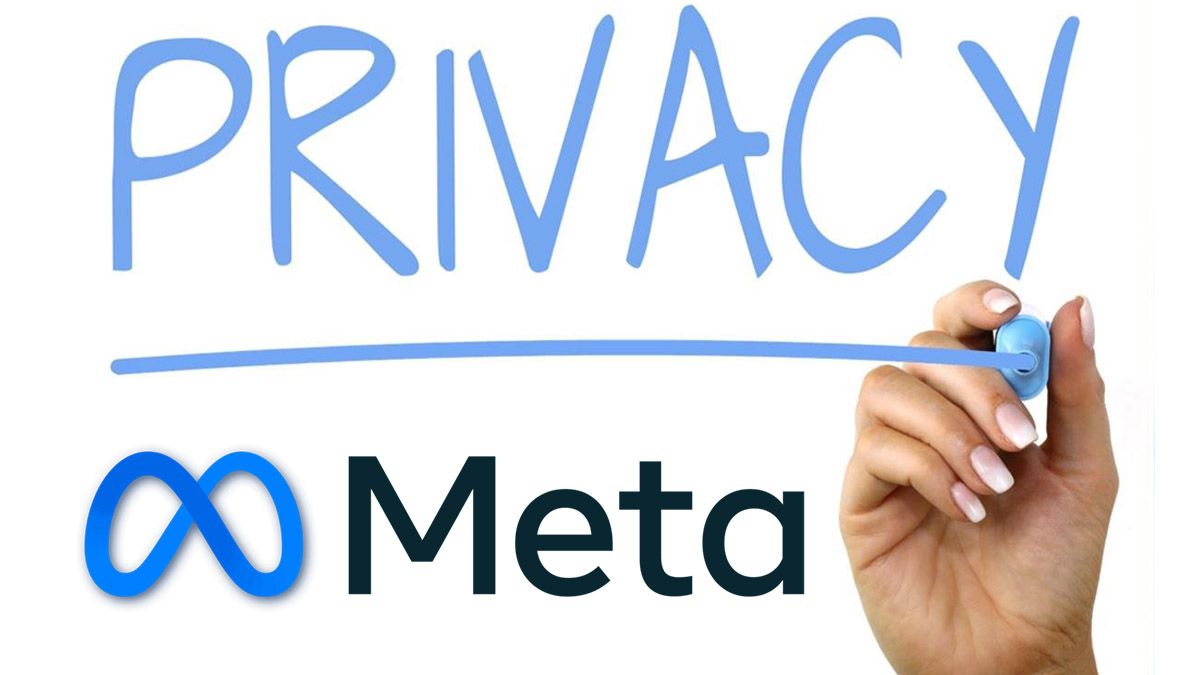Meta’s ad model may be about to change

While Meta may seemingly be unaware of its tarnished reputation when it comes to privacy, and happy to push invasive facial recognition protocols for seemingly benign reasons, the EU Data Protection Board certainly isn’t. The Board has issued a binding decision that the Irish data protection agency will now have to rule on due to Meta’s European headquarters being based in Dublin.

As mentioned in our article on Facebook Dating’s new facial recognition ID checks, targeted ads have sat at the heart of most tech business models for years and they, or at least data-hoovering tech that underpins them, have also been at the heart of most of the internet’s biggest scandals and controversies during that same time period. This, in part, led to the EU’s General Data Protection Regulation (GDPR) coming into force in 2018, which requires users give websites and online apps and service consent for their data to be harvested and knowledge of what will happen to it.
In a post GDPR world we are met with nifty widgets asking us for this consent whenever we land on a new site, but the current move we’re examining here is based on the fact that Meta is not doing this properly and will not be able to continue serving up targeted ads based on personal data, unless they get the user’s consent to do so. According to a Reuter’s report, the action against Meta started with a complaint by Austrian privacy activist Max Schrems in 2018, with Schrems stating:
“Instead of having a yes/no option for personalised ads, they just moved the consent clause in the terms and conditions. This is not just unfair but clearly illegal. We are not aware of any other company that has tried to ignore the GDPR in such an arrogant way.”
It would be difficult to track just how many people actually read the fancy new widgets that ask for consent before clicking agree, but at least they put the issue front and center. Meta has been willingly hiding away the consent clause in its general terms of service, which, according to this infographic from Visual Capitalist, would take over 17 minutes to read. This brings in the notion of meaningful consent versus agreed consent, with most users simply consenting to have their data used in this way because they don’t really know what is going on and don’t really have any other options.
The ruling form the EU Data Protection Board could mean that Meta will have to offer users access to versions of all of its apps that do not use the personal data of its users to target ads. If it does, it could be monumental for the company and finally see its over-zealous and invasive data practices finally reined in. We will have to wait and see, however, as the Irish data protection agency has a month to issue a ruling based on the EU’s binding decision and the contents of that decision cannot be discussed openly in the meantime.






















A country gets invaded and its inhabitants refuse it: those who welcome the enemy or even accept it practice collaborationism(1). Having one’s privacy invaded seems to be somewhat different. I’d feel ashamed to collaborate with the enemy and enemy it is when a corporation invades my privacy. Or isn’t it?
I persist to believe that most of our humanity behaves as a harlot, big principles as long as it doesn’t disturb laziness or bother easiness, A minority believes truly in dignity which includes rights to privacy and behaves accordingly while a wide majority ruins mankind by accepting to be an invader’s thrill. I am discussed.
Just avoid all of the GAFAM companies, period.
(1) “collaborationism” found in the Merriam-Webster dictionary but neither in Oxford’s or Cambridge’s.
I may not live to see it take place, and I’m sure there’s others that may say
“you are a fool?”
But one day Meta AKA FaceBook is going to go under. The USA gov is going to step in and take over these servers. What they will be used for, I think I kid if know. But I’m NOT @ liberty to say why. I stopped using FakeBook years ago.
I mostly get online to read about the news, and tech stuff.
I say they will keep the servers, rename them XYZ and use the data in the name of the ‘Patriot Act’.
As some people feel if they have nothing to hide they don’t mind sharing all in the name ‘to keep us safe’.